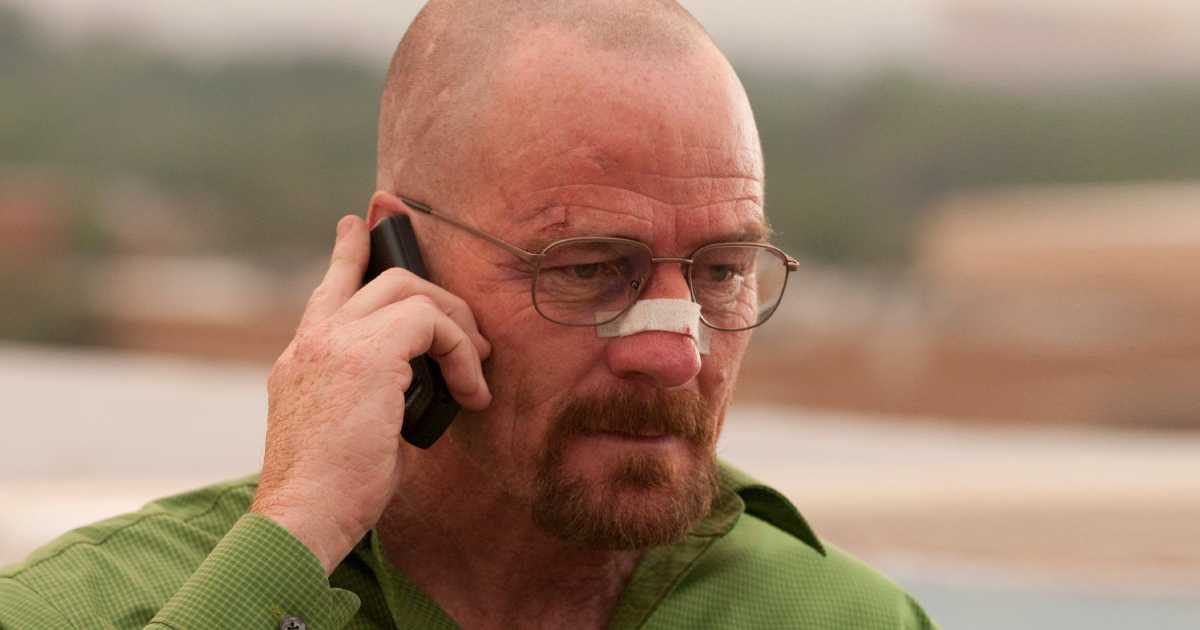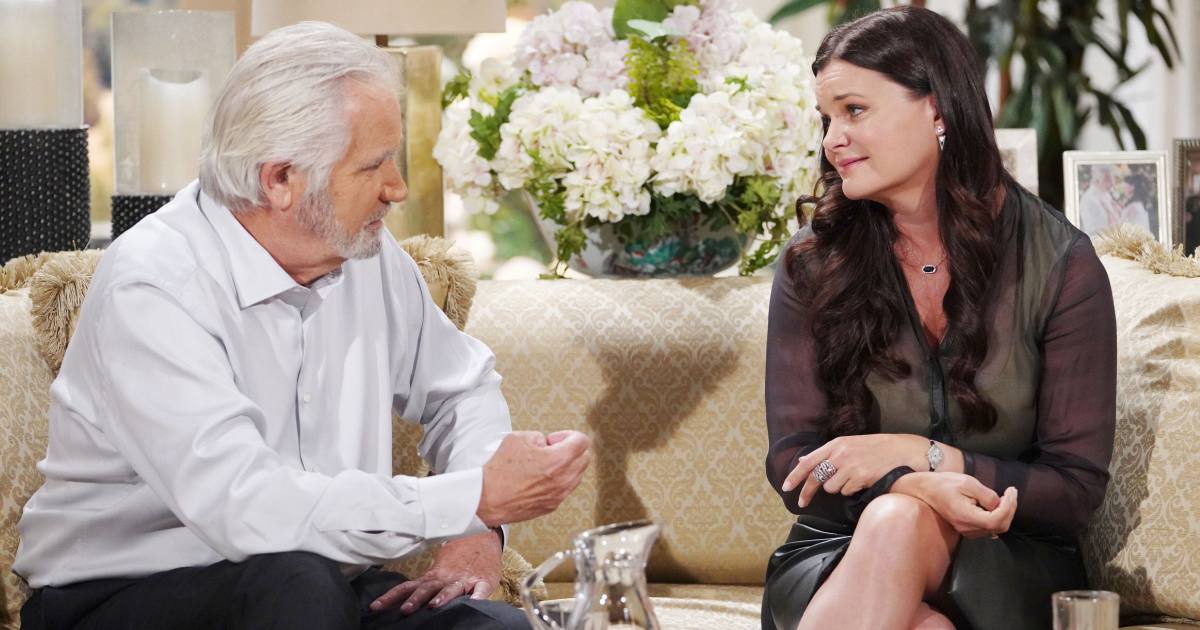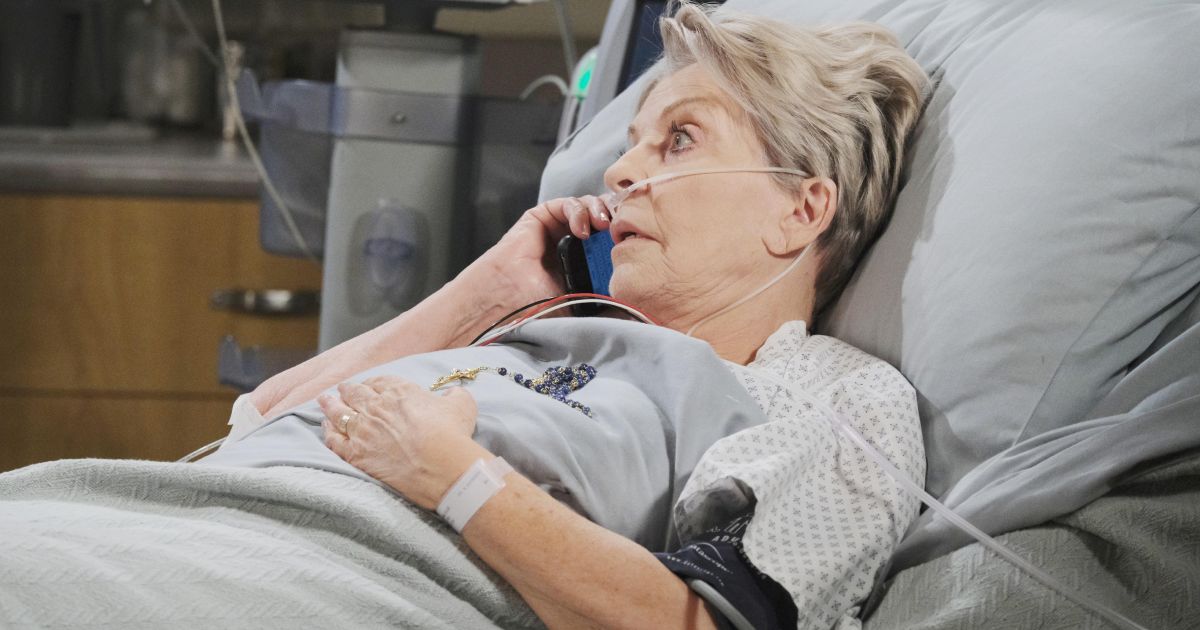
When Breaking Bad premiered in 2008, it didn’t just introduce Walter White (played by Bryan Cranston). It flipped the entire TV antihero formula on its head. This wasn’t just another fall-from-grace story. It was a slow, surgical dissection of morality. And the twist? It dared you to root for the villain every step of the way.
From the jump, Walt seemed like the guy you’d root for. A high school chemistry teacher, underpaid, overqualified, and diagnosed with terminal cancer — how could you not feel for him? He said he was cooking meth for his family. But as the story unfolded, it became clear: the empire he built wasn’t about love. It was about ego.
When Walter White Said It Was For Family… Was It Ever Really True?
The line “What the hell is wrong with you!? We are a family!” was the tipping point for many. Skyler’s cry wasn’t just a dramatic moment. It was a wake-up call. Walt claimed to be doing everything for his family, yet by the end, he’d utterly destroyed it. He manipulated Skyler, traumatized Walter Jr., got Hank killed, and even kidnapped baby Holly. It wasn’t noble but monstrous.
Trending
And the clues were there early on. Pressuring Jesse to recover drug money that ended with a man’s head crushed by an ATM? That wasn’t survival, that was petty dominance. Expanding into rival turf just to flex his power, it got Combo killed.
But nothing made Walt’s descent more chilling than how he clung to Jesse, pretending to be his mentor while constantly exploiting him. When Jesse wanted out, Walter White tried pulling him back in, not for Jesse’s sake, but to keep control. He couldn’t bend Mike, so he killed him. He could manipulate Jesse, so he kept him close.
Was Walter White Ever Good, Or Just Addicted To Winning?
That’s the genius of Breaking Bad. Walter White was never a good man, corrupted by circumstance. He was a proud man, handed an excuse to become who he really was. His worst decisions didn’t come from desperation. They came from pride. He chose to lie, to poison, to kill, not because he had to, but because he wanted to win.
And we watched. Not because we believed in him, but because we were hooked on what he’d do next. The brilliance of Vince Gilligan’s writing wasn’t in making Walt likable. It was in making him impossible to look away from. You didn’t root for Walt because he was good. You rooted for him because the show made you understand why he was bad.
On Reddit user summed it up perfectly: “Rewatching Breaking Bad hits different when you stop looking for a hero. Walt’s not a villain in the cartoon sense—he’s just a guy whose ego outpaced his excuses. I hated him for a lot of it. Still rooted for him.”
“No villains, just consequences” – Anyone else root for Walt because he was wrong?
byu/vzakharov inbreakingbad
Did Breaking Bad Change TV Or Change Us?
Before Breaking Bad, villains were people we loved to hate. After Breaking Bad, we started loving them because we hated them. Walter White paved the way for characters like Joe Goldberg in You or Logan Roy in Succession — flawed, brutal men we follow anyway. He normalized the inner war of rooting for someone you know is wrong.
Walter White didn’t just change TV, he changed us. We didn’t cheer because he was the hero. We cheered because we wanted to see how far he’d fall. That’s the lasting legacy of Breaking Bad. It didn’t just tell a story. It made us question why we ever cared about the ending.
Advertisement
For more such stories, check out TV updates!
Follow Us: Facebook | Instagram | Twitter | YouTube | Google News














